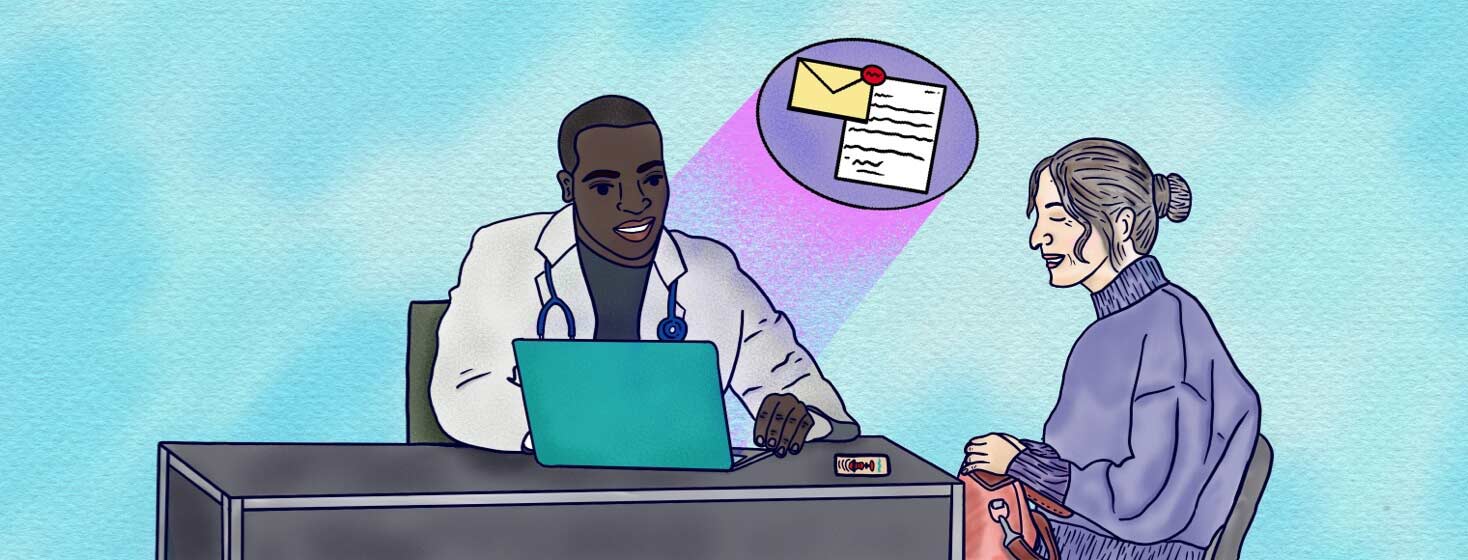4 Tips For Getting The Most Information From Your Doctors
Members of this community have spoken, and many of you have expressed concerns over some doctors doing a poor job of explaining. This often leads to misunderstanding, confusion, and even anger. That said, here are four tips to help you get the most information out of your doctors.
Tips for getting the most information from your doctor
Make a list
I actually find this very helpful now that I’m getting older and as I’m experiencing more health issues. I may experience a symptom and wonder if it is something I should be concerned about. I come up with questions based on our past discussions. I come up with concerns, such as potential side effects to my current medicines, and sometimes I come up with ideas for new medicines I think may be worth trying. So, I make a list. I bring this list to my next appointment. I even go further than that, and when the nurse checks me in, I make sure she tells the doctor I have a list to go over. So far, I have very good experience with this strategy. It has begun many great discussions between my doctor and me.
Call or utilize your doctor’s email
In today’s high-tech world, most doctors have emails. In fact, most of us can email our doctors right from our online health portals. I try not to abuse this system, but I do take advantage of it from time to time. For instance, several months ago I was diagnosed with COVID. Rather than going into the office, I communicated with my doctor through the portal, and my doctor emailed me back with a response of what to do next. Sometimes I have communicated important questions or concerns I have had. I have always received very rapid responses, which impresses me.
Also, this is a great tool to use if you have concerns about test results. This is especially important now that we get quick access to test results on our health portals. My mom recently saw on a test result that she had calcifications on one of her heart valves, and she called me stressed about it. I informed her that the best course of action for her would be to call or email her doctor. And she did. And her doctor swiftly emailed her back. What he said eased my mom’s mind, and this eased my mind too, as I’m always concerned about anything that concerns mom.
So, both the phone and email are great options to utilize if you need them.
Record your visit
My mom often talks to me after her doctor’s visits. She gives me updates on how she is feeling, and she informs me of what her doctor said. Although, sometimes she is confused by what her doctor said, and wants to know what I think. And I can’t help because I wasn’t at the appointment. So, one day I recommended to my mom to record her appointment. And this works great, as now I can listen to the conversation. And this makes it easier for me to interpret what the doctor was saying.
Ask questions
During your office visit, questions often come up. It is best to make sure you ask all your questions before you end your appointment. Sometimes, at the end of my appointments, even as the doctor is motioning to the door, I say, “I have some questions!” And almost always my doctor takes the time to answer them. Sometimes this leads to interesting discussions. Although, sometimes I forget to ask my questions. And, if I feel they are important enough, I resort to asking them in an email. Or, if they are not urgent, I add them to my list for my next appointment.
Let's hear from our heart failure community members!
How do you make sure to get the most from your doctor's appointments? How do you prepare for your visits? Share your tips and strategies for getting the most information at appointments with the heart failure community by clicking the button below!

Join the conversation